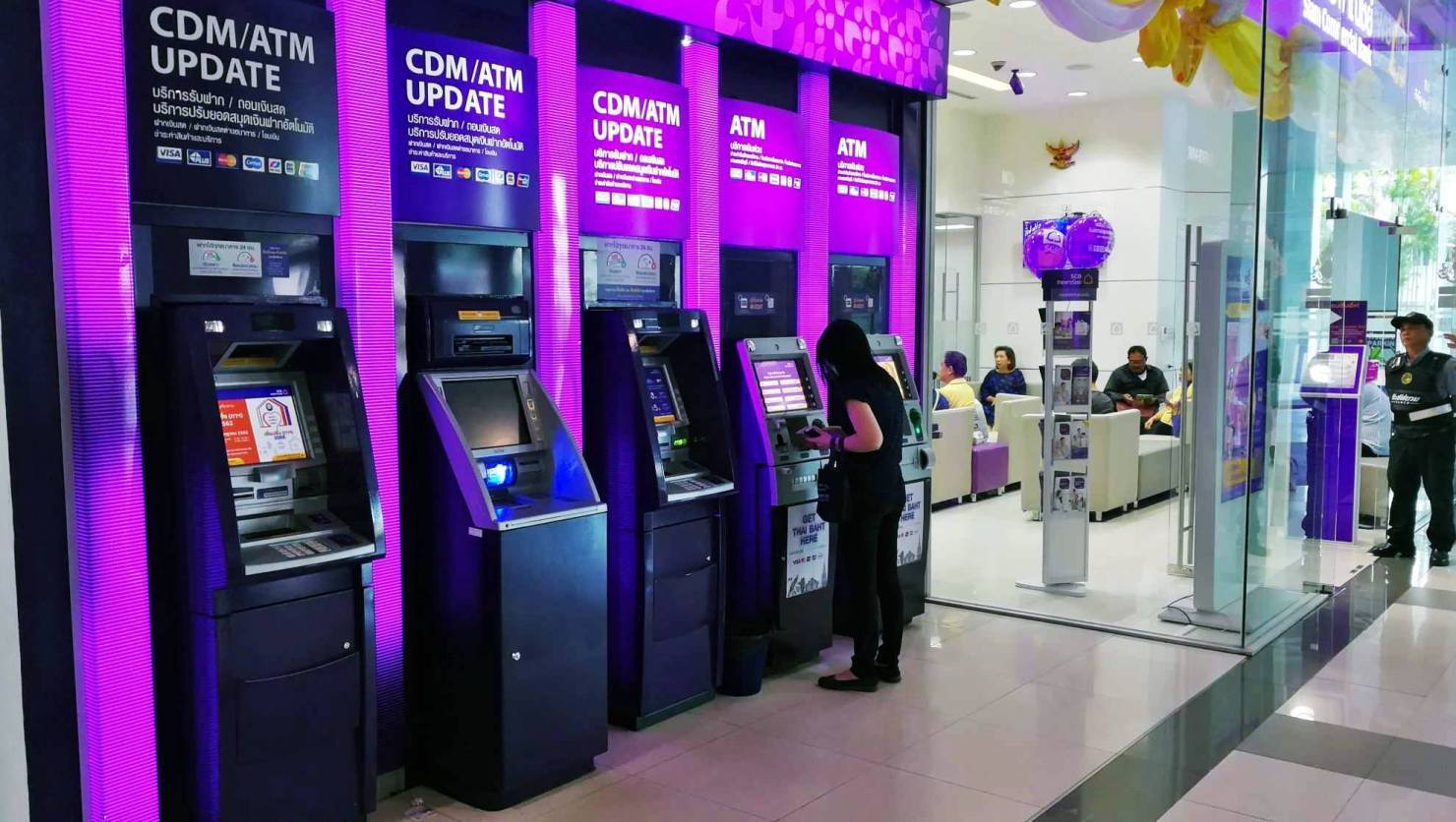Thailand’s Banking Outlook changed to negative (Moody’s)
Moody’s has changed the outlook for Thailand’s banking system to negative from positive as coronavirus outbreak hurts asset quality and profitability

Moody’s has changed the outlook for Thailand’s banking system to negative from positive. The operating environment for the country’s banks will deteriorate in the next 12-18 months due to disruptions from the coronavirus outbreak, and this will lead to a weakening of banks’ asset quality and profitability.
Yet banks’ strong capital and liquidity, as well as government support to the broader economy, will provide a buffer against growing risks.
- Operating environment will deteriorate. The Thai economy will contract in 2020, hit by unprecedented disruptions caused by the coronavirus outbreak. The spread of the coronavirus globally is resulting in simultaneous supply and demand shocks, and global economic conditions continue to deteriorate as the outbreak intensifies.Thailand’s exports will contract from 2019 due to weaker global demand and disruptions to supply chains worldwide. Private consumption will weaken due to a decline in the number of tourists as a result of border controls and lockdowns in some provinces. Support measures from the government will partially mitigate the impact of economic deterioration on banks.
- Asset quality will worsen as economic conditions deteriorate. Problem and rescheduled loans will increase as weaker economic growth hurts borrowers’ debtservicing capacity. Small and medium-sized enterprises (SMEs) in consumer-related industries and retail borrowers will be affected more severely than large corporates because they have weaker buffers against drops in income. Strong provision coverage will somewhat mitigate the impact of deterioration in asset quality.
- Profitability will decline due to moderation of loan growth, margin contraction and increases in credit costs. Loan demand will weaken as economic growth slows. Moreover, policy rate cuts will lead to contraction of net interest margins, while credit costs will rise as problem loans increase.
- Capitalization will be stable as both loan growth and internal capital generation weaken. Thai banks’ internal capital generation will slow as profitability weakens, but it will largely match loan growth as the latter also slows. As a result, banks’ capital ratios will hold steady. Banks will have sufficient capital buffers to absorb losses in our stress scenario, but some banks may have difficulty in raising additional capital due to volatility in the equity market.
- Impact of economic deterioration on funding and liquidity will be limited. The funding structures of Thai banks will not be materially affected by the coronavirus outbreak. Thai banks’ funding will continue to be underpinned by the predominance of retail deposits, and their liquidity profiles will be stable, with loan-to-deposit ratios remaining below 100%.
- Government support will remain strong. The Government of Thailand (Baa1 positive) is highly likely to support banks if needed. This will underpin the overall credit strength of many Thai banks even if their standalone credit profiles weaken due to the impact of the coronavirus outbreak.


